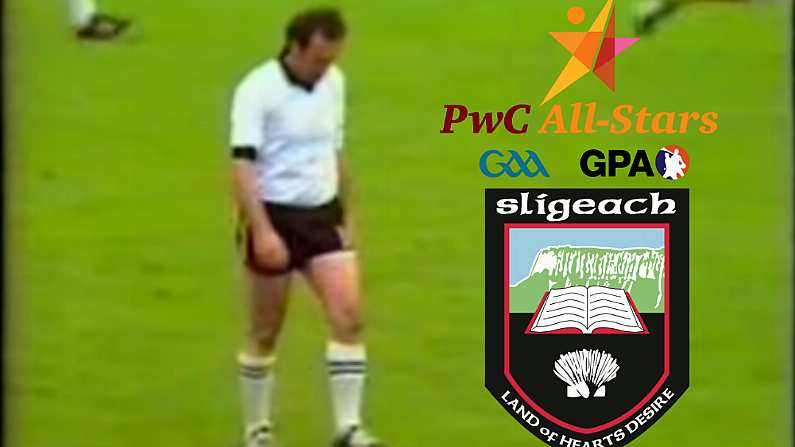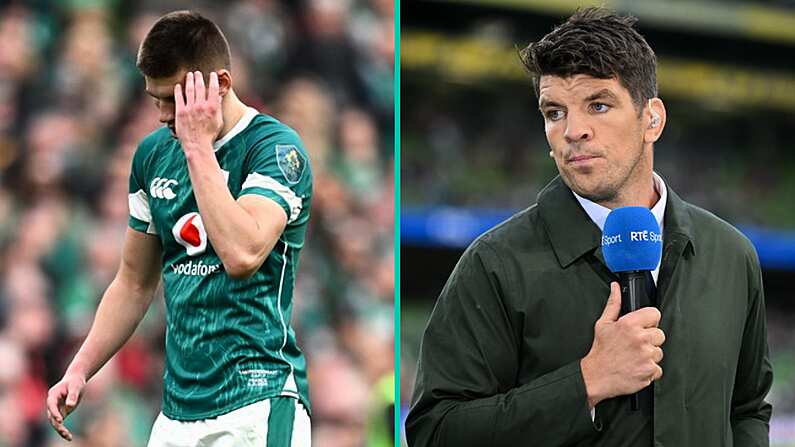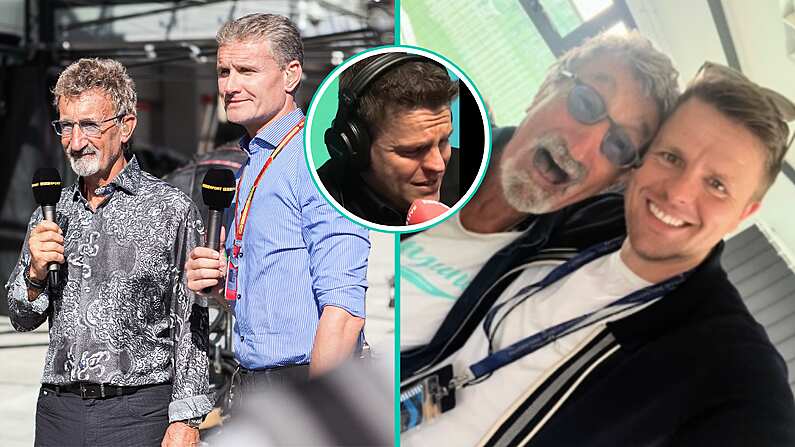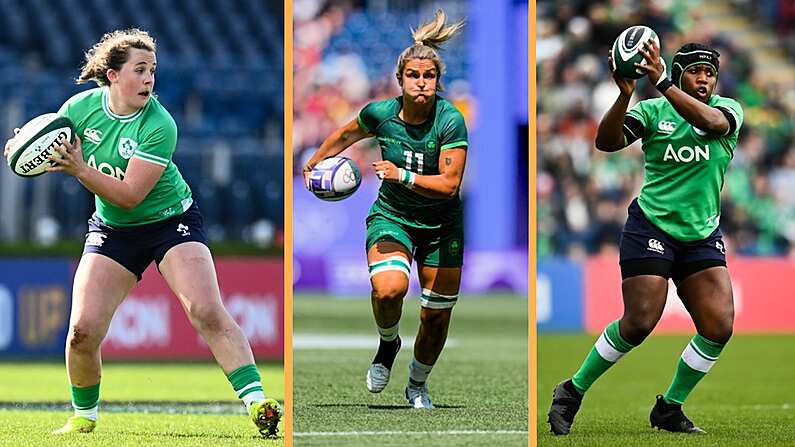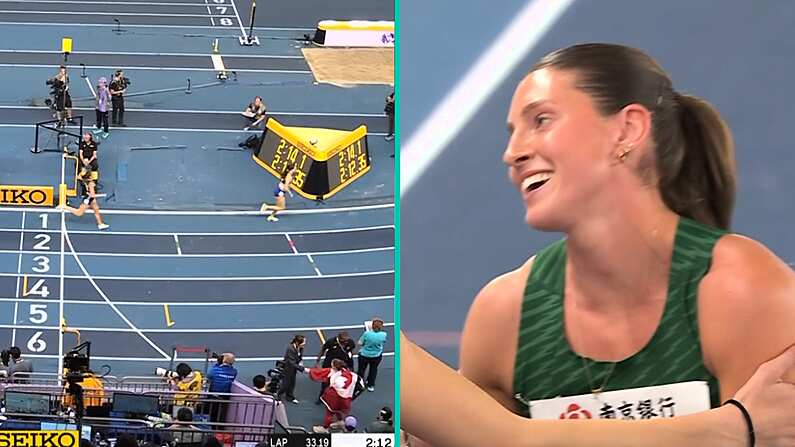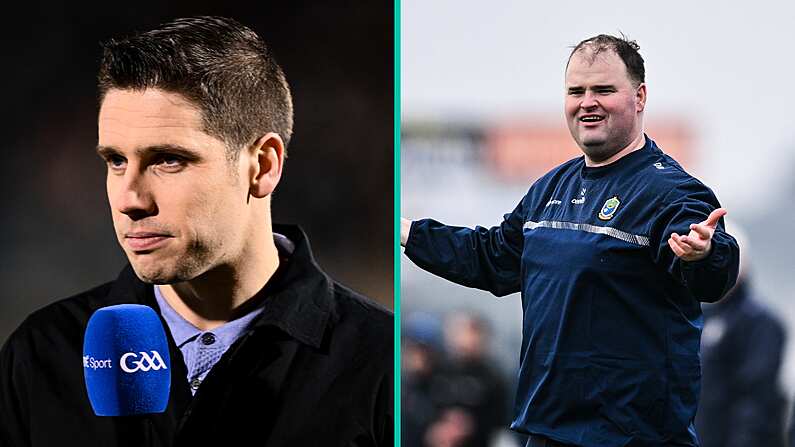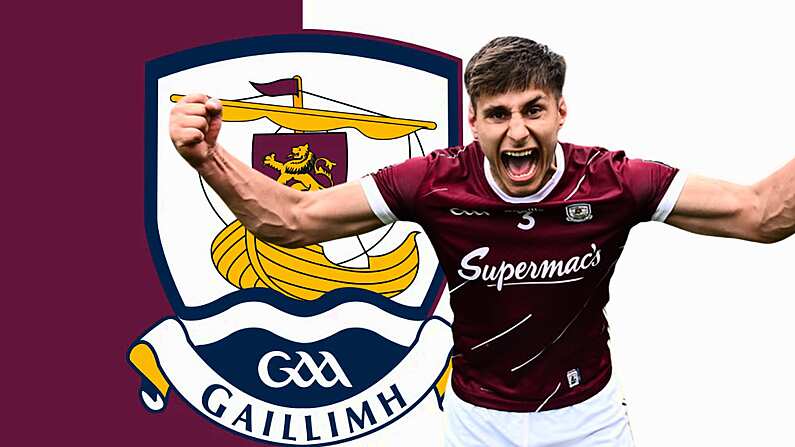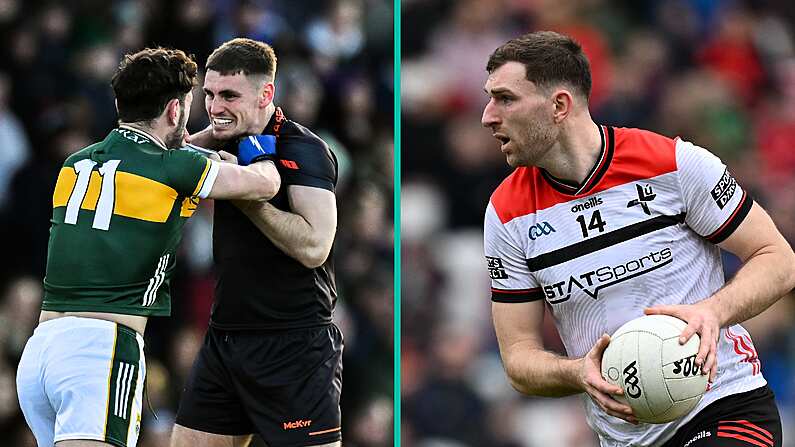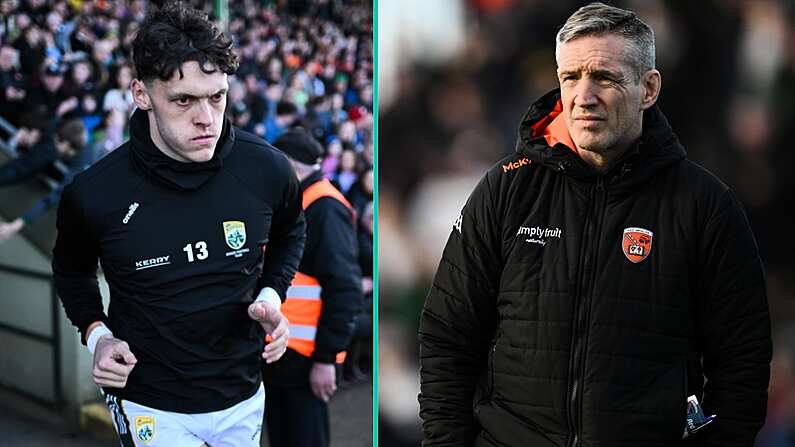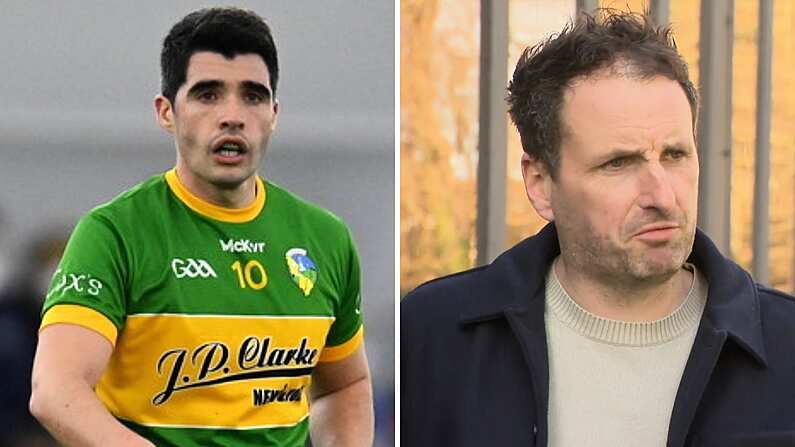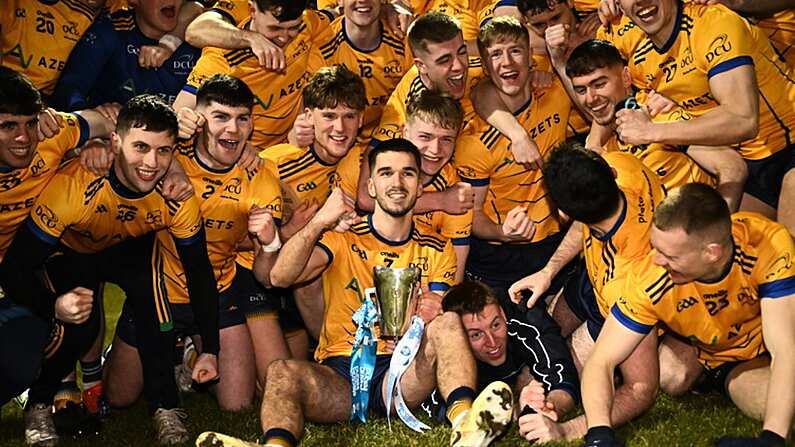In last weekend's Sunday Independent, 2011 Footballer of the Year Alan Brogan selected his fifteen Gaelic football All-Stars from the 2017 Championship.
However open to argument, Brogan's assessment will likely reflect the official selection that is announced later tonight - 15 players selected from 5 counties. Dublin and Mayo dominate proceedings; Colm Cavanagh (Tyrone), Enda Smith (Roscommon) and Paul Geaney (Kerry) are the exceptions.
Among Brogan's 15 are some who have claimed this honour before, some who are likely to do so again, and, perhaps in the case of Roscommon's Enda Smith, one whose chances at attaining an All-Star will forever be dependent on the fluctuating fortunes of a 'lesser' county.
After helping Roscommon to only their third Connacht championship in his lifetime, the disappointment of their eventual loss to Mayo would be somewhat compensated should his performances this year be deemed worthy of such recognition.
Speaking to Sligo's Mickey Kearins this week, the recipient of an inaugural All-Star award in 1971 acutely described the sensation that may await the 23 year old from Boyle:
For a player like me, [the All-Star] surely was a big honour because I wasn't in the habit of winning much with Sligo. To be recognised by the GAA, that was a big honour for me and anybody in my position, playing in a weaker county.
Although most Roscommon people would see themselves more amongst Galway and Mayo rather than Sligo and Leitrim in the Connacht football stakes, should Smith be among the selected 15 on tonight, he will be the first Roscommon player to do so since Francie Grehan in 2001 - Sligo have had two players honoured in that time; Galway and Mayo have 29 between them.
In Kearins was a player whose individual talents far outshone the realistic limits a county such as Sligo, and many more besides, can hope to overcome.
A two-footed maestro from west Sligo, 18 years of county football yielded a solitary provincial championship in 1975. Coming when he felt 'past it, too old', dreams of 'playing in an All-Ireland final, or winning an All-Ireland' afflicted him like any other player with his talents.
With the resulting All-Ireland semi-final in '75 against Kerry falling to pieces, Kearins is honest - brutally so, perhaps - in declaring that he or Sligo 'were never close' to making those dreams reality.
The same questions troubling the football championship today and its competitive inequality were not foreign to Kearins and his contemporaries then.
His longevity at inter-county level was underwritten by a willingness to train. Yet, no matter how accomplished his individual feats or performances, Kearins consistently felt on a hiding to nothing:
I was a great man to train, and I'm telling you you can get very depressed going into big games and losing and losing and losing.
You're doing as much training as the people who are winning All-Ireland's like, but, you get no results.
Sligo may be Yeats Country, but there is an unmistakable touch of Beckett in this relentless, seemingly fruitless drive; 'You must go on. I can't go on. I'll go on.'
For footballers like Mickey Kearins, an All-Star matters.
********************
While there were similar awards in place before the inaugural All-Star awards in 1971, nothing quite captured the collective imagination. Recalling the moment he discovered he would be honoured via a television broadcast, Kearins, 'without boasting, felt he was always in the running':
In the year I got the All-Star, the '70 and '71 teams were the best I played in with Sligo. We were beaten in a Connacht final in a replay in '71 and beaten in a replay again in '72.
Then, like now, the ceremony took place in Dublin. Arriving at a plush hotel, Kearins' memory is of a 'big night':
It was certainly a big night for us... for me, especially because you know, [I was] a player that hadn't won anything before.
We had played many big games but were on the losing side most of the time, all of the time I should say, not most of the time.
In conversation with Kearins, such self-effacing assessments are common.
It is not so much a case of shyness or modesty; nor is there any lingering trace of arrogance. Kearins is simply aware that an All-Ireland winners medal would be an appropriate measure of his talent.
That he doesn't possess one cannot be explained away.
Yet, he is a man whose footballing talents took him to Croke Park, New York, London - 'I played in Wembley twice with the Connacht team that had won the Railway Cup' - and saw him inducted into the GAA Hall of Fame - not bad for a man 'coming from a parish out in West Sligo.'
With a little encouragement, Kearins concede that his daughter might just be right; regardless of what may be missing, Mickey Kearins is still recognised "as a great player."
********************
Uncertainty is about the only thing assured when we contemplate how the new 'Super 8' structure will impact the football championship.
A potential positive is the likelihood that at least one or two teams with no realistic chance of winning an All-Ireland will nonetheless take part in three big games against the best available opposition.
While the chance of disappointment is undoubtedly present, against bigger and better opposition, great players from less likely counties will be given a chance to demonstrate their talents over a course of competitive matches.
With all but Enda Smith from Brogan's 15 having featured in the semi-finals of this year's All-Ireland, the 'Super 8' may pave the way for a greater share of All-Star recognition.
Contemplating the ceremony that comes almost half a century after he himself was honoured, Kearins - though still fascinated - is dismayed with the current formula:
The one thing I have against it is that the two teams in the All-Ireland final are going to get 80% of the awards and that't not fair.
Some great players never get a chance to play in an All-Ireland final.
Will the 'Super 8' structure allow for a wider recognition of talents beyond those fortuitous enough to be from a Dublin, Kerry or Mayo? We shall see.
Still found in attendance at every Sligo game, Kearins believes the 'GAA did me a lot of good' in life. As that All-Star of 1971 typifies, he did his fair share of good for the GAA also.

